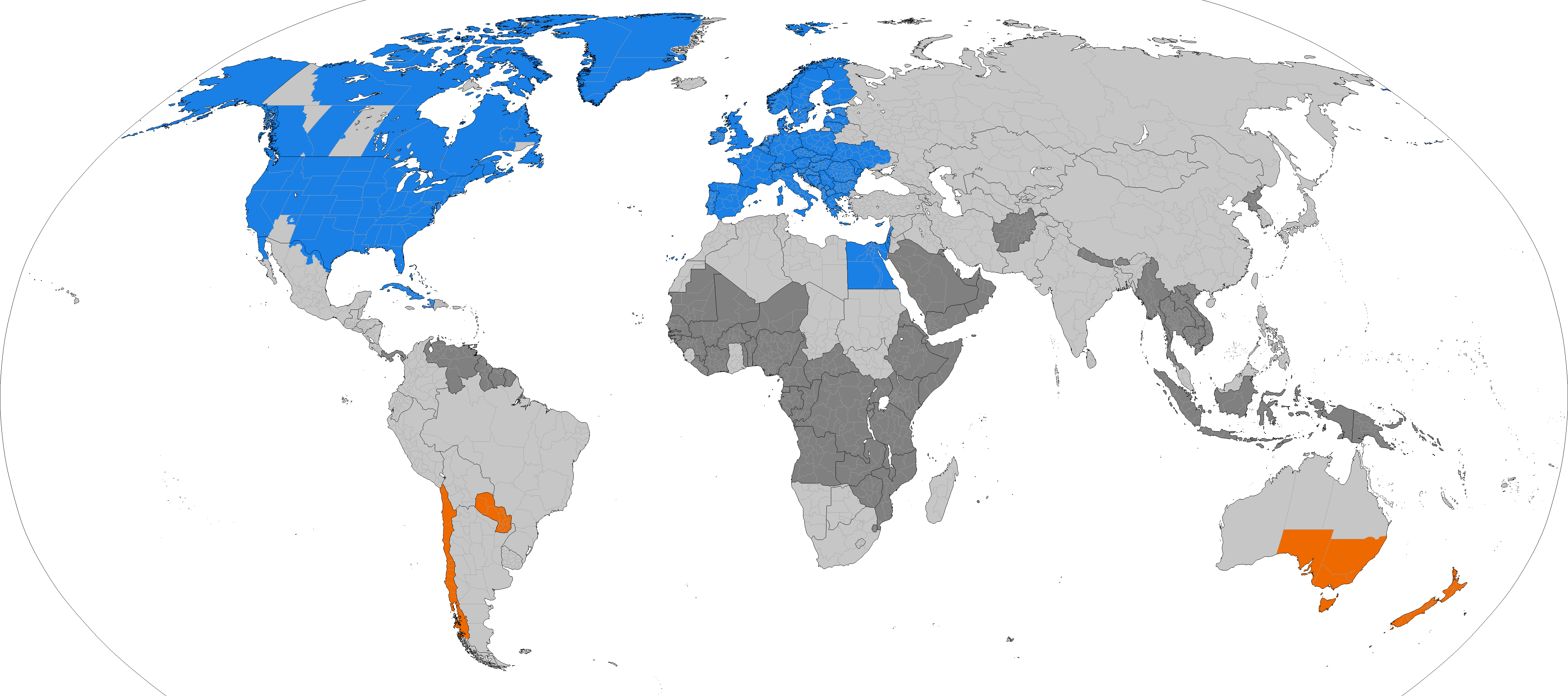Context
-
The United States Senate unanimously passed a law making daylight saving time (DST) permanent, scrapping the biannual practice of putting clocks forward and back coinciding with the arrival and departure of winter.
-
If the legislation, Sunshine Protection Act, passes in the House of Representatives as well, and is signed into law by President, it will come into effect in November 2023.
-
The practice of turning clocks back by an hour to standard time every November will stop — and DST, which now starts in March, will be in effect all year round.
Why have Daylight Saving Time?
- The key argument is that DST is meant to save energy. It involves resetting clocks ahead by an hour in spring, and behind by an hour in autumn, and those in favour of DST argue that it means a longer evening daytime. Individuals will complete their daily work routines an hour earlier, and that extra hour of daylight means — or is supposed to mean — a lower consumption of energy.

Credit: Wikipedia - In April 1916, during World War I, Germany and Austria introduced DST to minimise the use of artificial lighting. It gradually caught on in many countries. In the EU, clocks in the 28 member states move forward on the last Sunday in March and fall back on the last Sunday in October. India does not follow daylight saving time.
What is the problem with this?
- In a recent article, Popular Science magazine cited studies to list out the disadvantages of DST. One hour of lost sleep in the US, one study calculated, increases the fatal crash rate by 5.4% to 7.6% for six days following the transition.
- After losing an hour of sleep over the weekend, members of the United States Senate returned to the Capitol this week a bit groggy and in a mood to put an end to all this frustrating clock-changing.
- Other studies found a higher rate of workplace injuries after the switch, leading to lost days of work; a slight drop in stock market performance; health problems as a result of disruption of the circadian rhythm (body clock) — and even longer sentences ordered by judges deprived of sleep.
Source: IE
Visit Abhiyan PEDIA (One of the Most Followed / Recommended) for UPSC Revisions: Click Here
IAS Abhiyan is now on Telegram: Click on the Below link to Join our Channels to stay Updated
IAS Abhiyan Official: Click Here to Join
For UPSC Mains Value Edition (Facts, Quotes, Best Practices, Case Studies): Click Here to Join
